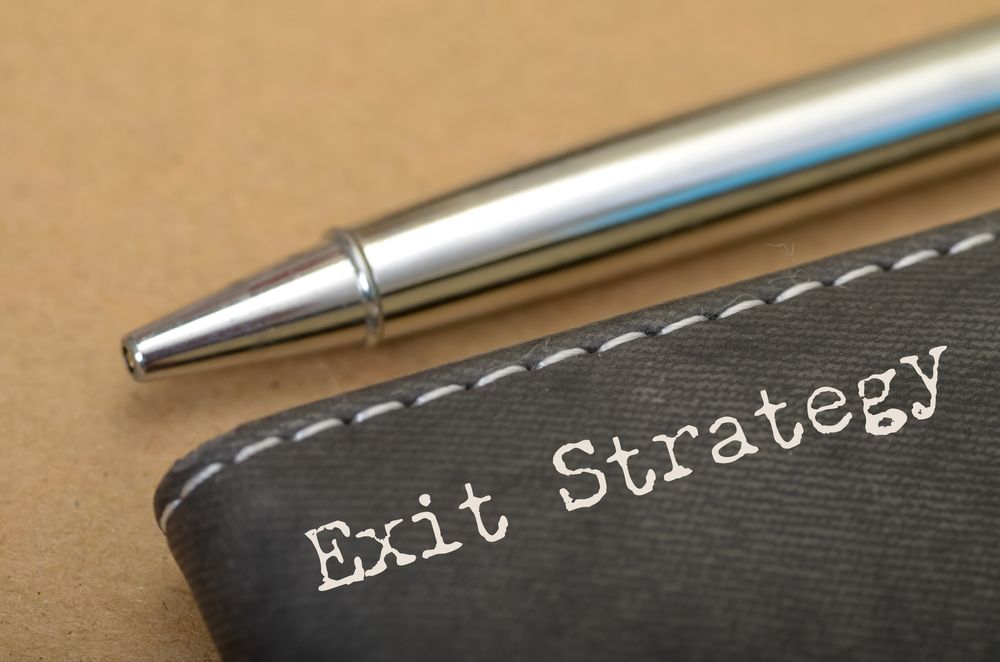An In-Depth Analysis of SaaS Exit Strategies
September 18, 2025
Share This Article
Every SaaS founder reaches a point where continuing to scale alone may no longer be the best move. That moment usually comes when the business has consistent revenue, a strong customer base, and real traction in the market. At that stage, a well-planned exit becomes an opportunity to unlock value, bring in strategic resources, or step away entirely.
But exits don’t just happen. The best outcomes come from preparation, expert positioning, and knowing what buyers look for. A strong SaaS exit strategy gives founders more control over timing, deal structure, and valuation. It helps avoid rushed decisions and creates leverage in conversations that matter.
This is where experienced M&A advisors can make a real difference—especially those who know the SaaS space inside and out.

Why SaaS Founders Need a Clear Exit Strategy
Growing a SaaS company takes focus, time, and constant execution. But without a plan for what comes next, founders risk leaving value on the table when the business reaches maturity.
A clear exit strategy helps define the outcome you want, the type of buyer who fits, and the steps needed to prepare. It keeps your options open while giving you control over timing and deal structure. Most importantly, it positions the company to attract interest for the right reasons.
Many founders wait until they receive an inbound offer
before thinking about an exit. That often leads to rushed decisions, missed opportunities, or buyer terms that don’t reflect the true value of the business. Planning ahead gives you leverage, clarity, and the ability to move when the time is right.
How Expert Advisors Transform Exit Outcomes
An experienced advisor brings more than just introductions. They shape the entire process around your goals and protect your time while maximizing the value of your company.
For SaaS founders, that starts with positioning. A good advisor knows how to frame recurring revenue, retention metrics, and platform scalability in ways that resonate with buyers. They understand what different types of buyers prioritize, and they tailor the story of your business to fit those priorities.
Advisors also handle outreach and negotiations, which keeps the process moving while allowing you to focus on operations. Their network gives you access to strategic buyers and private equity firms that may not be visible from the outside.
Beyond the deal itself, an advisor helps prepare your data, tighten your financials, and map out potential structures before going to market.
SaaS Valuations and How to Prepare for Exit
Valuation is rarely just a multiple of revenue. Buyers look at growth rate, margin profile, customer retention, team structure, product depth, and total addressable market. These variables all shape how your company is priced.
Founders who prepare early have more control over those variables. That includes documenting recurring revenue clearly, reducing churn, and showing evidence of scalable growth. Clean books and strong metrics build credibility and reduce friction during diligence.
SaaS companies that demonstrate predictable cash flow and efficient customer acquisition often command higher multiples. Those that rely on manual processes or ad spend without a clear return tend to face more questions and closer scrutiny.
Before going to market, it's worth reviewing what buyers value most in your segment and adjusting your internal reporting and operations to reflect those strengths.
What You Risk Without the Right SaaS Exit Plan
Without a defined exit plan, even high-performing SaaS companies can lose momentum during a transaction. Here’s what’s often at stake:
Lower Valuation
If key metrics aren’t tracked or presented correctly, buyers may undervalue the business or walk away entirely.
Deal Fatigue
A lack of preparation can lead to a long, drawn-out process. The back and forth drains time, energy, and focus from daily operations.
Missed Strategic Fit
Without clear positioning, you may attract buyers who don’t align with your product or growth vision.
Reduced Leverage
Founders who react to inbound offers often negotiate from a weaker position, especially if multiple bidders aren’t involved.
Last-Minute Surprises
Issues hidden in financials, contracts, or tech infrastructure can surface late in due diligence, causing delays or deal breaks.

733Park’s Proven Approach to SaaS Exit Success
733Park helps SaaS founders take control of the exit process. Our team brings decades of experience advising recurring revenue businesses and has a strong track record of completed transactions in the SaaS space.
We start by reviewing financials, customer data, product readiness, and market positioning. This step gives us a clear view of how buyers will evaluate your company and what adjustments may improve value.
Our advisors handle outreach,
guide negotiations, and structure the transaction to match your goals. We introduce your company to the right group of buyers and stay closely involved throughout the process.
Every engagement is personal. We limit our client load so each founder gets direct access and dedicated attention. That focus leads to faster timelines, stronger valuations, and better alignment between buyer and seller.
Achieving a Successful SaaS Exit Strategy
Founders who plan early create stronger outcomes. 733Park provides the experience, buyer access, and strategic guidance needed to maximize value in a SaaS exit.
If you're preparing to
sell
or exploring options, we’re ready to help you take the next step.
Reach out to our team at info@733park.com or call (617) 564-0404 to start the conversation.





